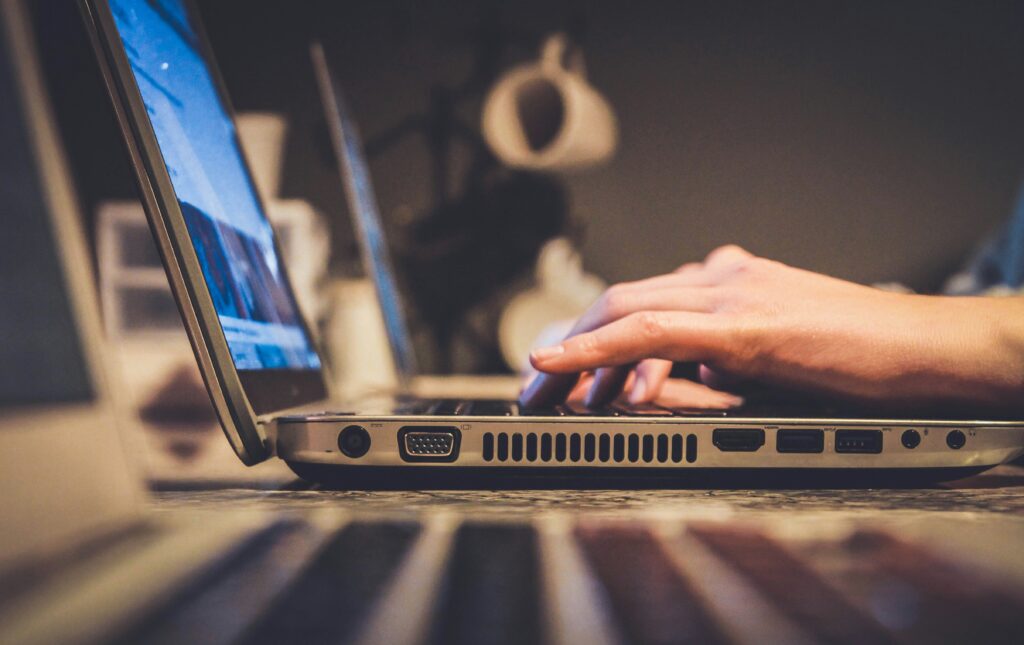On a Sunday morning, when casually browsing through X feed, I came across a video of Ed Sheeran singing in a concert in Chennai. What’s so special about it? Hmm, it’s not surprising that he would want to do a tour in India considering his biggest fan base is in India, right? Or not? I remember the times I used to sit in my college dorm, dreaming with my friends of how cool it would be to listen to him singing in our very own Chennai. Yes, it was a dream some years ago. This made me think—what made it possible?
What is Globalization?
Globalization – The definition of globalization is the expansion of foreign trade and investment. Of the various eras of globalization as defined by Thomas L. Friedman, the most recent one, Globalization 3.0, is the era that started in the year 2000—the introduction of the Internet among the masses. The dynamics behind Globalization 1.0 were countries globalizing, the dynamics behind 2.0 were companies globalizing, and the force behind 3.0 is the enablement of individuals and groups to go global, easily and seamlessly.

Globalization 3.0
The internet and information technology radically lowered the cost of moving “ideas” globally. Individuals gained the power to collaborate and compete globally. A small sweet vendor making “Halwas,” a type of sweet, now has access to global markets. Set up a small website, advertise using digital tools like Instagram, and you can trade across the globe. Communication became instant; you could now communicate across the world in real time. This rapidly expanded cultural exchange and global connectivity. Rather than simple homogenization, globalization has often resulted in the blending of different cultural elements. This process of cultural hybridization has created new, unique cultural expressions that combine local and global influences. Our everyday experiences showcase this blending: from the fusion of world cuisines to the evolution of music genres and the creation of hybrid art.
There has been debate that globalization leads to the potential erosion of unique cultural practices. But is the sacrifice worth it? Europe, led by kings and lords, controlled most parts of Africa and Asia. They were ultra-rich. But the rest of the people in Europe had to fight for survival every day, much like people across the world. Industrialization gave birth to the middle class. It pushed people out of poverty. The countries that embraced globalization and integrated with the global economy saw accelerated economic growth, as evidenced by the “Liberalization of the Indian Economy.”

Challenges for Globalization in India
This raises the question—did globalization impact everyone equally? Did everyone in India benefit from it equally? The digital divide within India, and globally, means that some people are excluded from the opportunities it creates. Bridging this divide is crucial for ensuring that the benefits of globalization are more widely shared. India is a country that is not only divided economically but also socially. Does everyone across the country comprehend the opportunities globalization provides and the challenges and adaptations required? Now, we stand at the beginning of the next era—the era of Artificial Intelligence. AI’s impact will be revolutionary for industries, transformative for economies, and will redefine job markets. How equipped are we to meet the challenges it poses? Are we preparing ourselves for this new wave of globalization?







